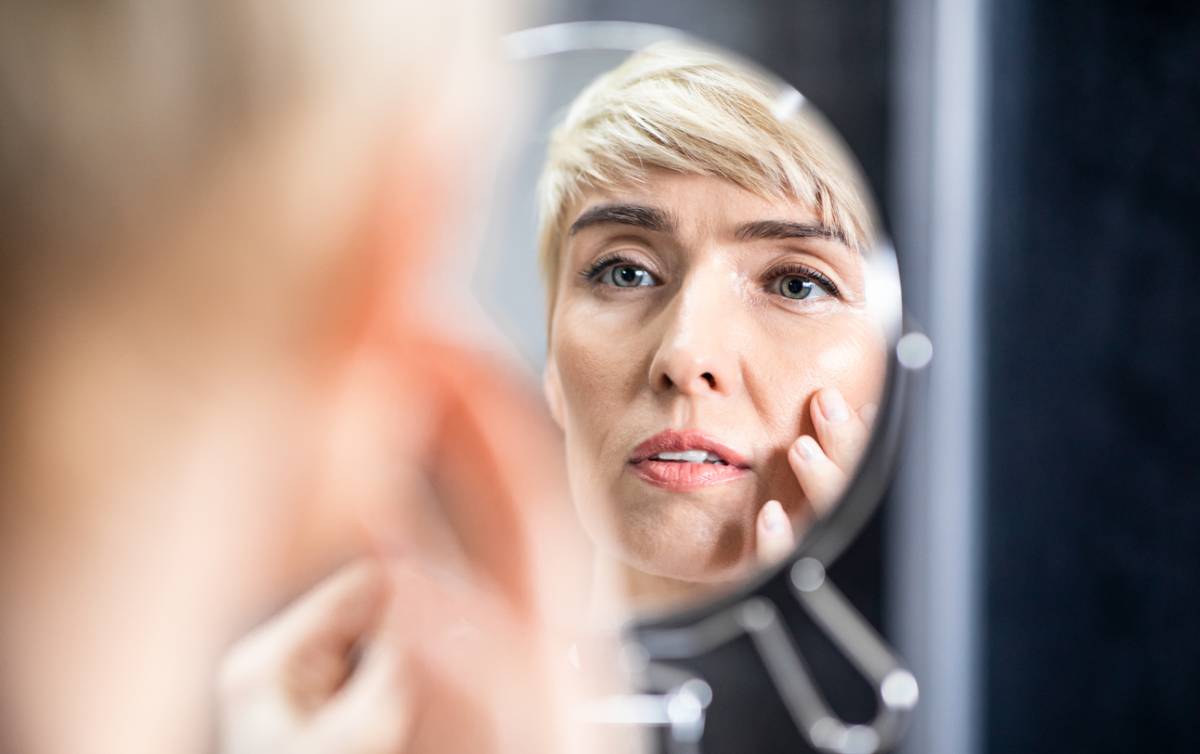Aging comes for us all. It’s a natural process that causes a whole set of normal changes to our bodies, especially our skin. However, the fact that it’s natural doesn’t mean you have to like it. There are actually a number of minimally invasive procedures that can help to smooth out the effects of aging if you aren’t quite ready to deal with them. Before we get into that, let’s discuss what actually happens to your skin as you age. What are some top aging changes in your skin?
Aging Changes in Your Skin
As you age, your skin undergoes a number of changes. Here are the top five that you are likely to see develop over the years.
The Epidermis Thins
Your epidermis is the outer skin layer. The epidermis does not have its own blood supply. Rather, it relies on contact with the dermis for nutrients. The dermis is the skin layer immediately below the epidermis. Unfortunately, aging decreases contact between the two layers of skin cells. This causes the epidermis to atrophy a bit, giving you thinner, more delicate skin as you age.
There’s a Decrease in Pigmented Cells
You might see an increase in pigmentation where your skin has been most damaged by UV radiation, but your skin will generally see a decrease in the presence of pigmented cells. As a result, your skin will appear paler, even translucent, as you age.
Your Skin Loses Elasticity
Your skin’s collagen content decreases about 1% per year once you reach adulthood. Collagen is an incredibly important protein that helps to give your skin its bouncy fullness. As your skin’s collagen content decreases, you will start to notice more wrinkling and eventually sagging. Due to its sensitivity, this is usually most noticeable near the eyes. Fortunately, an expert eyelid surgeon can help make sure your eyes continue to look young for years to come.
Your Skin Produces Less Oil
Although men don’t typically have to worry about this until their 80s, women start producing less oil after menopause. For many people, this dip in oil production leads to dry and itchy skin. If that weren’t bad enough, the loss of oil makes it difficult to keep the skin moisturized, which can exacerbate the appearance of existing wrinkles.
The Fatty Layer Thins
Collagen isn’t the only thing that gives your skin a youthful glow. When it comes to your skin, subcutaneous fat is your friend. It’s what provides you with that healthy fullness you want to see in your cheeks, upper arms, etc. As you age, that layer also thins, exacerbating wrinkling and sagging while also making it much harder for you to regulate your own body temperature.
The Big Picture
Together these changes mean that several layers that normally build up the fullness of your skin are greatly diminished over the years. At the same time, those layers are also losing their elastic qualities. This combination is responsible for the wrinkling you see happening over time, and it is most clearly evident in sensitive skin on your face.
Luckily, you don’t have to just deal with it if you don’t want to. You don’t even have to have surgery. Improvements in medicine now make it possible to correct slight wrinkling and visibly damaged skin by using non-surgical methods. One example is Morpheus 8.
Morpheus 8
Morpheus 8 is a fractional skin treatment that uses microneedling and radiofrequency treatments to stimulate collagen production. Basically, your surgeon creates invisible points of damage to the skin, forcing your body to go into healing mode. Collagen production is a byproduct of that process. After a few weeks, your skin will look fuller, and fine lines will practically vanish. If you’re interested in learning more about Morpheus 8 in Newport, then contact your local oculoplastic surgeon.
